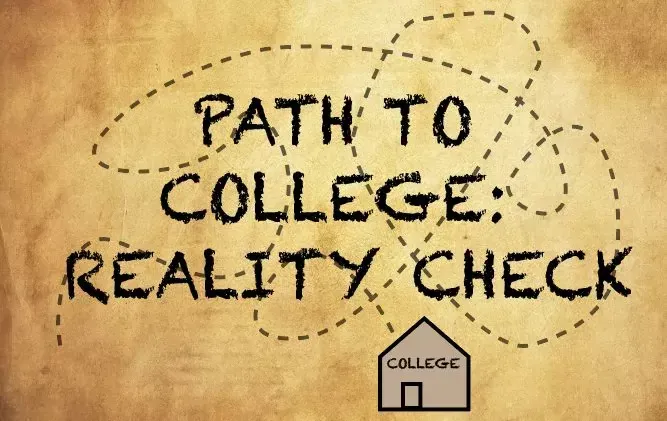Comparing Financial Aid Awards
You got into the top schools on your list. Each has sent you a financial aid award. One offer looks better than the other two, but is it really? It’s important to compare apples to apples when looking at financial aid offers. Here are 6 questions to ask:
1. What is the Student Budget?
Does the college list all the costs for going
to college: 1) Tuition & Fees; 2) Room & Board; 3) Books &
Supplies; 4) Personal Expenses, 5) Transportation (getting to and from the
campus). If the award does not include
these items, search the website for the information or call the college.
2. What is your Expected Family Contribution (EFC)
on your Student Aid Report?
The amount
your family is expected to pay toward college is on the student aid report
generated when you filed the FAFSA (Free Application for Federal Student
Aid). This number is needed for
comparing financial aid awards. If your
family contribution is close to or more than the student budget, then your
awards from the college are going to be based on merit, and not on the
financial need you have.
3. Is there a gap? You should know your EFC from filing your FAFSA. To calculate how much financial aid you should be receiving, subtract your expected family contribution from the total student budget (all five items from question 1). The remainder is your estimated financial need at the college. Is the college meeting your full need, or only a portion of it?
Total Cost of Attendance – Expected Family Contribution = Need
4. How much of your award is grants or
scholarships?
Grants
and scholarships are money that you will not have to repay later. You want to maximize the amount of grants and
scholarships you receive and minimize the amount of loan money you must take
out. Are the grants or scholarships
renewable for four years? What
conditions exist for the renewable awards (a minimum GPA, number of credits
completed, etc.)?
5. How much is in student or parent loans?
How much of the offer is parent loan? A financial aid award of a $20,000 parent
loan – but no grants or scholarships - is not a good offer. The parent loans (when necessary) should
ideally be used to help pay for the expected family contribution not meet your
financial need.
6. Is there a good mix? Is there something missing? Are you being offered grants, scholarships, loans and work? Look for a good mix. If you are not offered “work study” ask about it. It is especially helpful for you to have a campus job to earn your personal expenses while in college.











